The #1 Best Eating Habit To Prevent Heart Disease and Stroke, New Study Suggests
RET’s Laura McDermott, RD, spoke with Eat This, Not That! about a new study that shows reducing sodium intake could prevent heart disease and stroke, read on below!
***
Ensuring that your diet is healthy means getting the proper amount of vitamins and nutrients while also making sure that you’re not getting an excessive amount of fat or sodium (most frequently from salt) in your food. However, while the Dietary Guidelines for Americans recommends less than 2,300 milligrams of sodium per day for adults, the average American consumes around 3,400 milligrams of sodium each and every day, according to the FDA. While those guidelines might already encourage you to cut down on the amount of sodium in your diet, a new study may give you another reason to put down the salt shaker. Researchers recently found that reducing your sodium intake by 1,000 milligrams per day could prevent heart disease and stroke.
The research
In the BMJ Nutrition Prevention & Health study, researchers used the published results from a previous salt reduction program that measured the amount of salt participants consumed per day. Using this data, which was gathered from over 5,000 adults across China, the researchers developed a model to predict the estimated health effects of reducing daily sodium intake by 1,000 milligrams, 3,200 milligrams, and 5,000 milligrams. They focused on how that reduction would alter blood pressure as well as the risk of heart attacks, cardiovascular disease, and stroke.
The results found that even cutting the lowest amount of sodium the researchers looked at, 1,000 milligrams of sodium each day, could prevent 9 million instances of heart disease and stroke—including 4 million that resulted in death—by 2030.
What the study results mean for you
“This study is initially shocking because of the large numbers that it predicts could be impacted by lowering sodium intake,” Laura McDermott, MS, RDN, CD, a Registered Dietitian Nutritionist and Certified Dietitian with RET Physical Therapy Group, tells Eat This, Not That!. “When you read a number like 9 million, that is a significant amount […] of cardiovascular events to prevent by lowering sodium intake by 1,000 milligrams.”
While it’s promising to see the results found that so many people could be positively affected by reducing their sodium intake, McDermott cautions that there are some caveats to the study.
“However, when you dive more into the study, you understand that the data was collected over a small period of time and then applied to a model to show possible trends to project future impacts,” McDermott notes. Telling us “this is problematic,” McDermott explains “it does not show us a true cause and effect relationship over time because we cannot see from this study that the decrease in blood pressure would be sustained for the time that the projections are estimating.”
At the same time, McDermott continues, “So that aside, it is still showing a promising result for overall health improvement and preventative care, as the relationship between sodium and systolic blood pressure has been well established.”
How to reduce your sodium intake
Although the results from this study are predictive since the study looked at a conceptual model rather than an interventional clinical trial, McDermott says that there is still enough evidence to support the benefits of reducing the amount of sodium in your diet.
“Reducing sodium intake by 1,000 milligrams per day may lead to better health” as well as “prevent heart disease and stroke when sodium is being over consumed due to the stress excess sodium puts on the heart,” she says.
If you’d like to cut 1,000 milligrams of sodium out of your daily diet, McDermott offers a few suggestions regarding how to do that, noting that removing two hot dogs, two tortillas, or five slices of deli ham from your daily menu will do the trick. The same goes for one cup of Campbell’s Tomato soup and half a cup of salsa (“depending on the brand”).
Read full article here: https://www.eatthis.com/news-eating-habit-prevent-heart-disease-stroke/



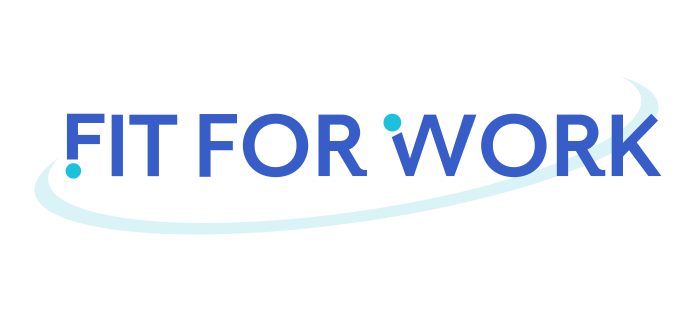


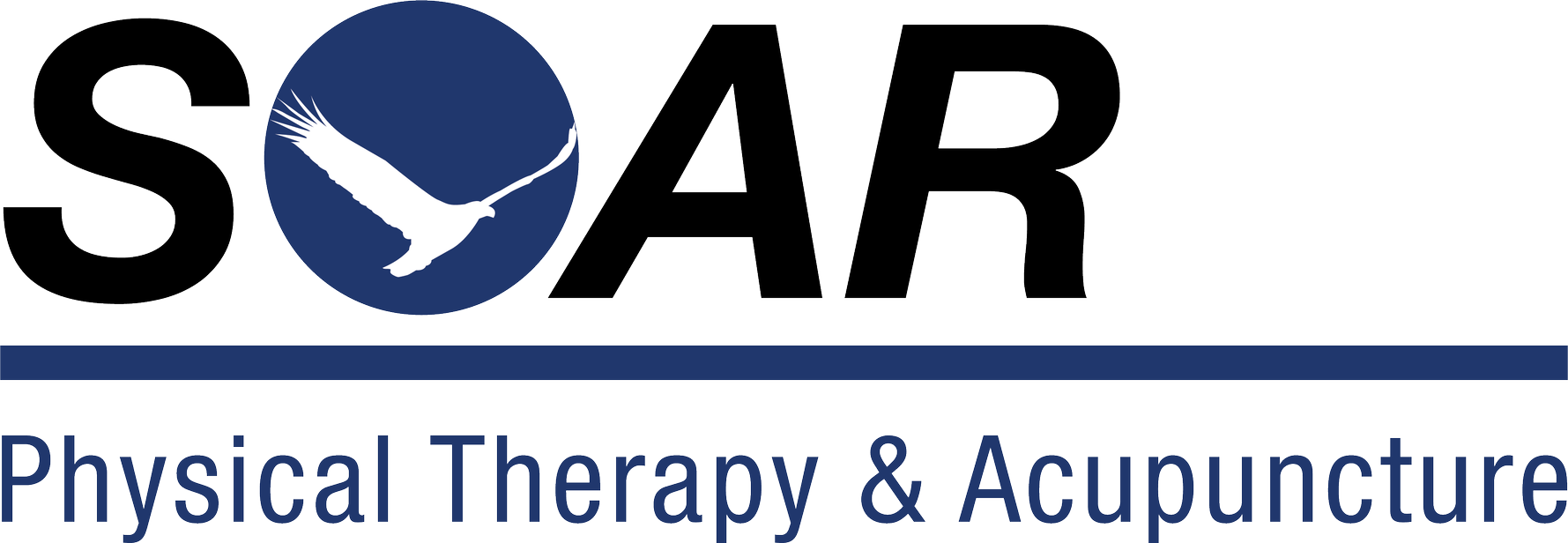

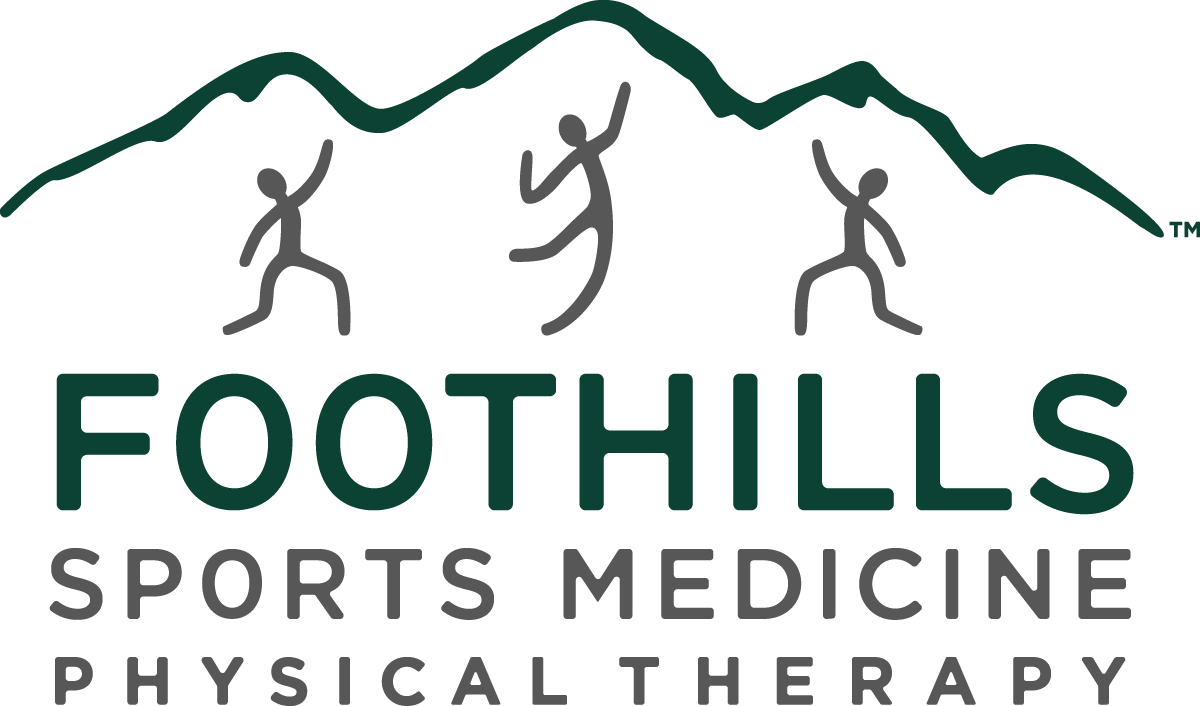
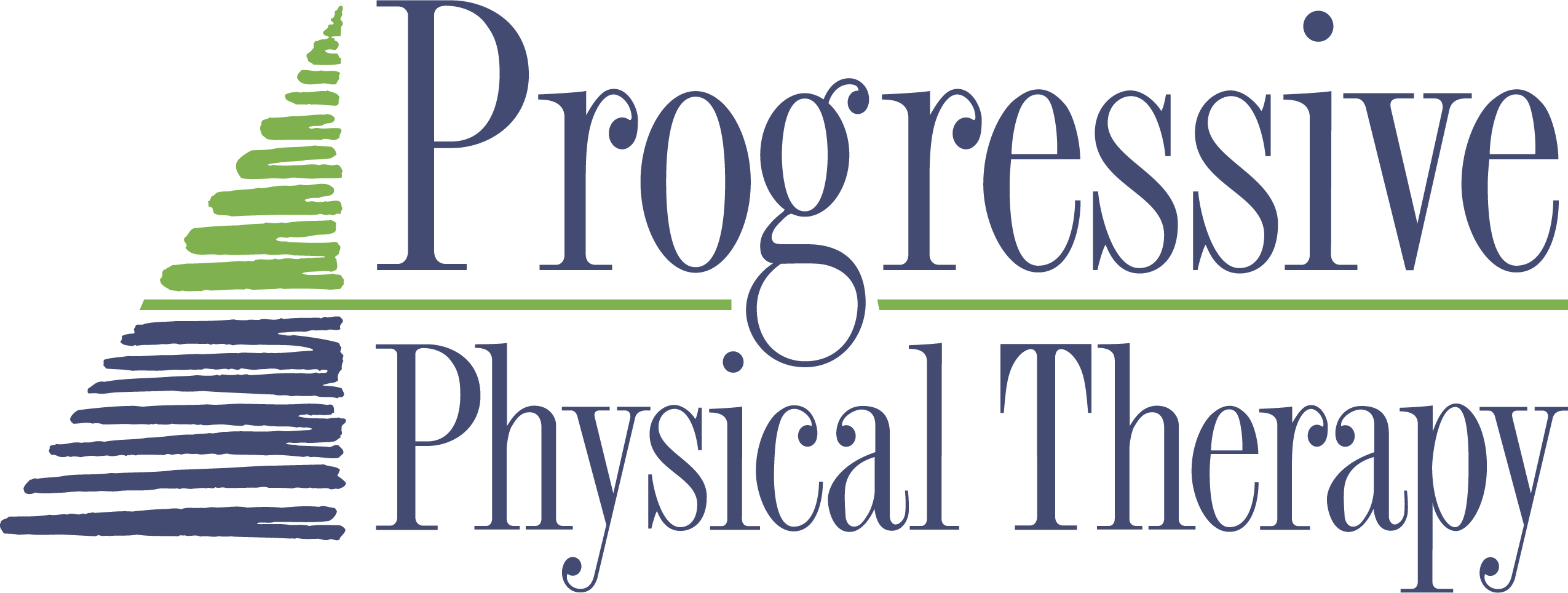

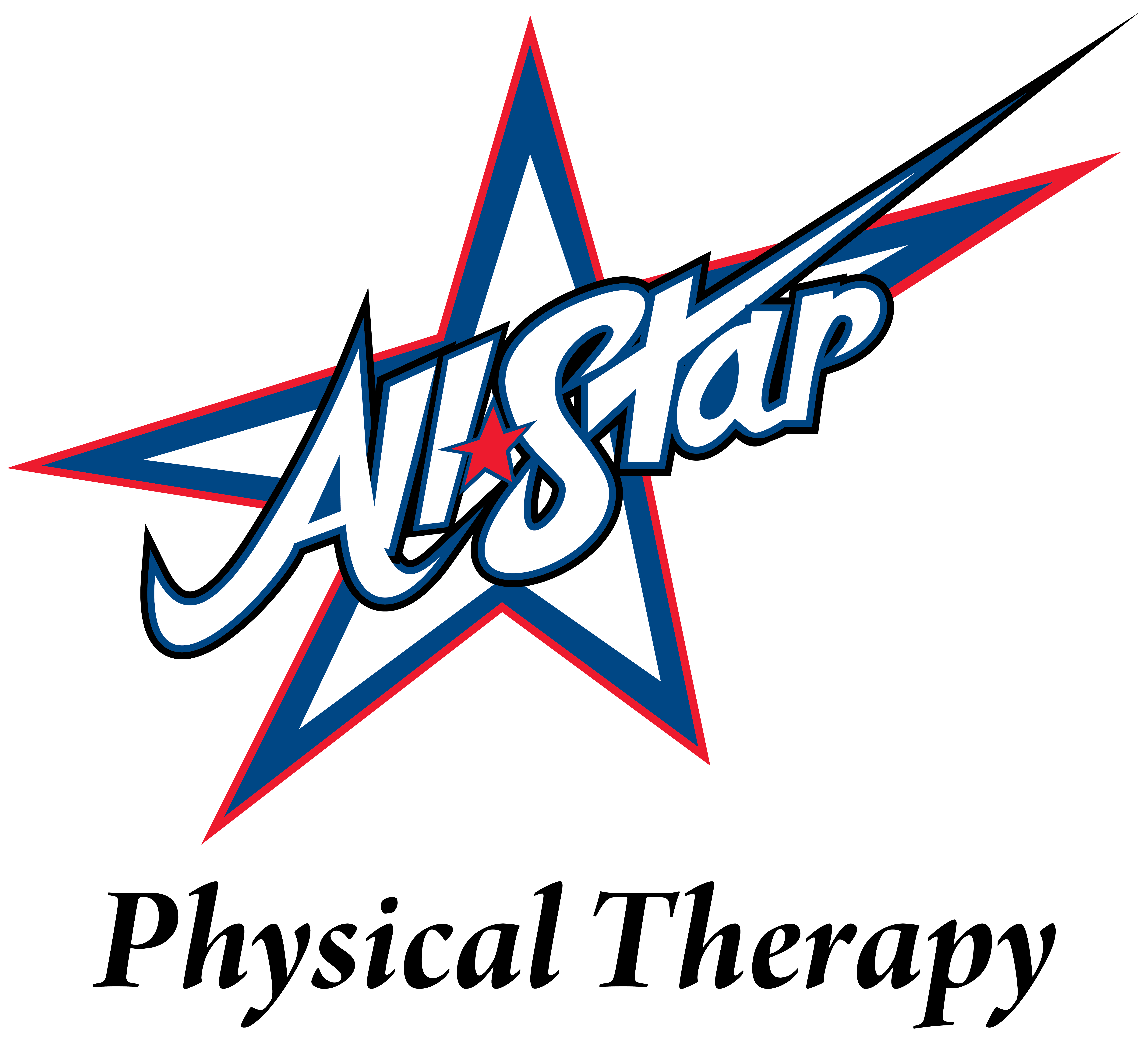




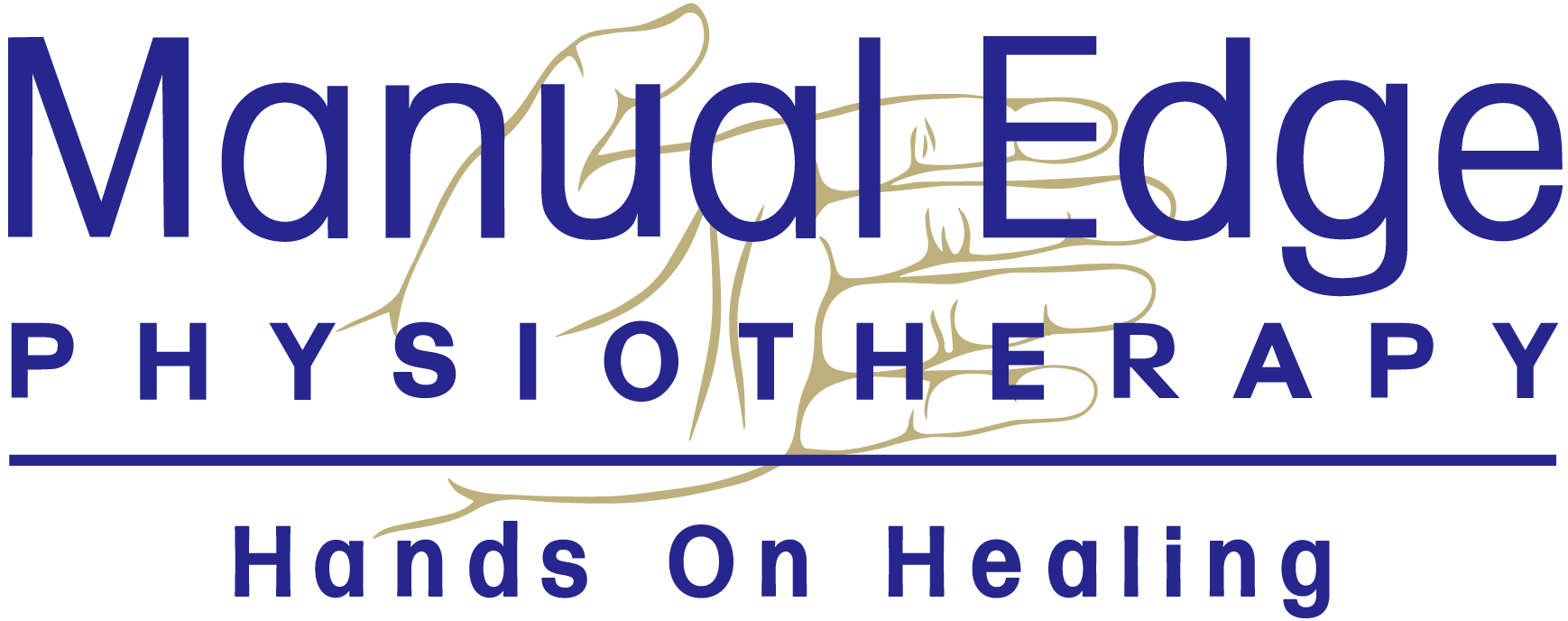
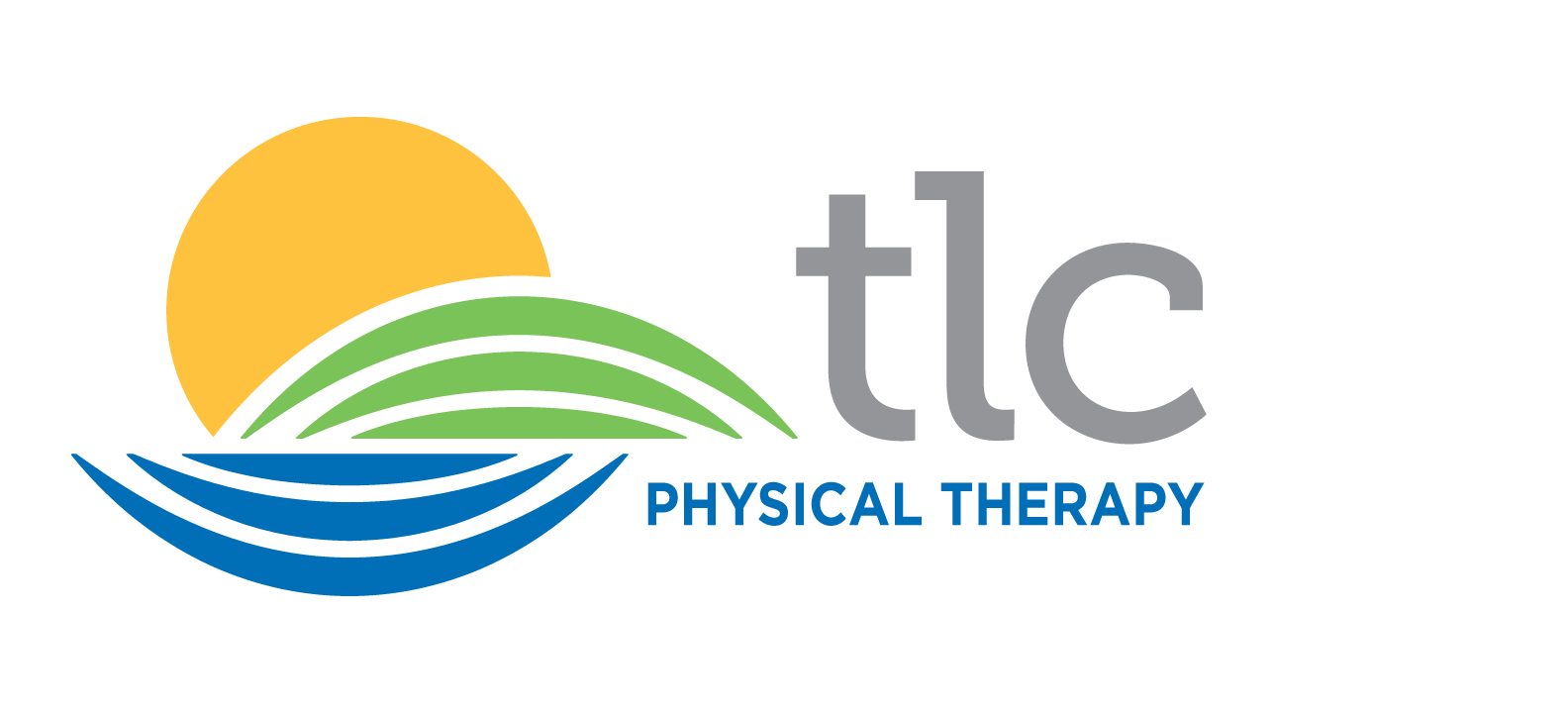
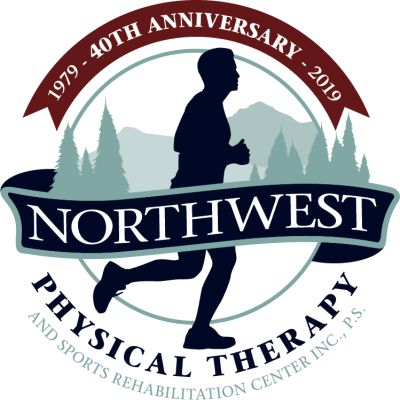



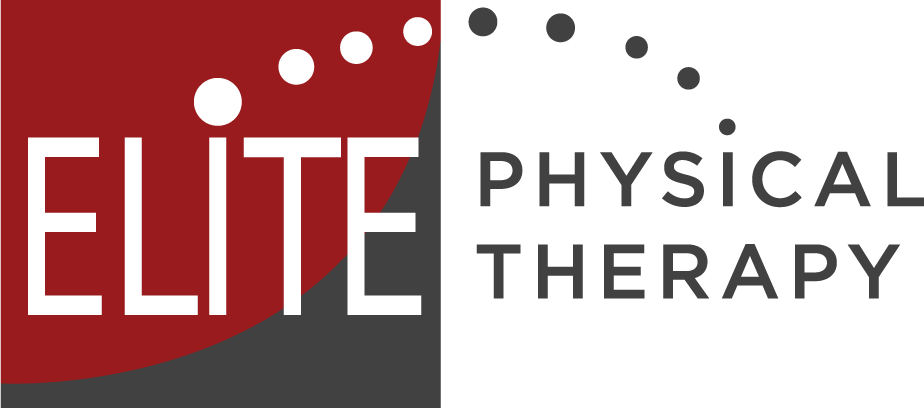

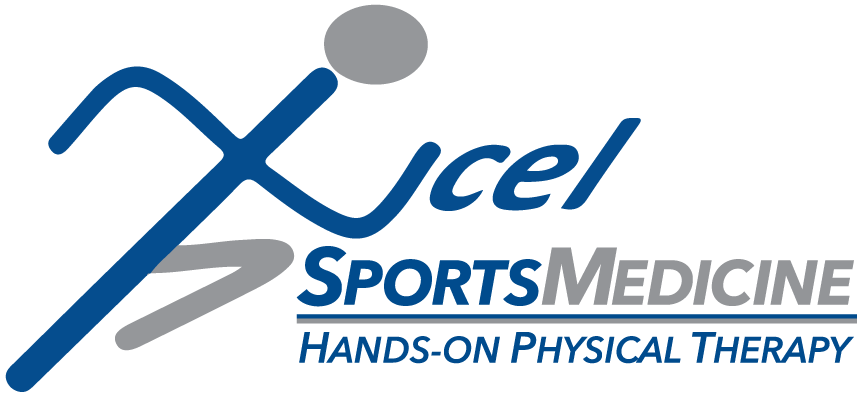



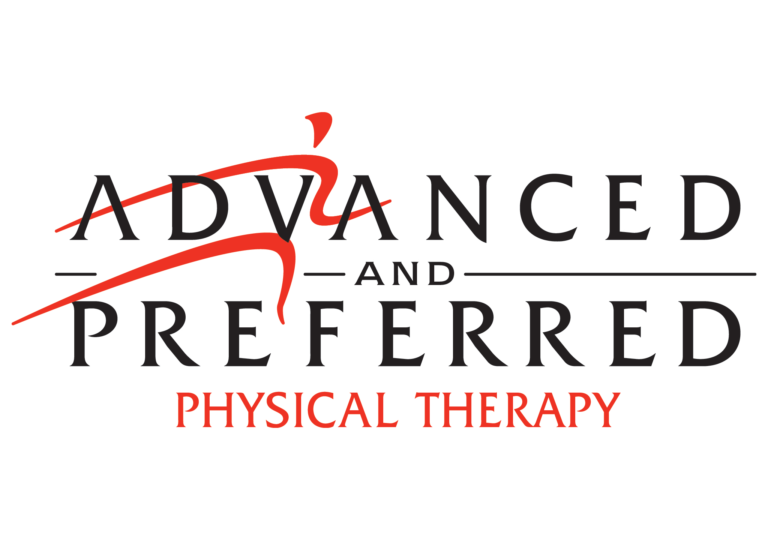

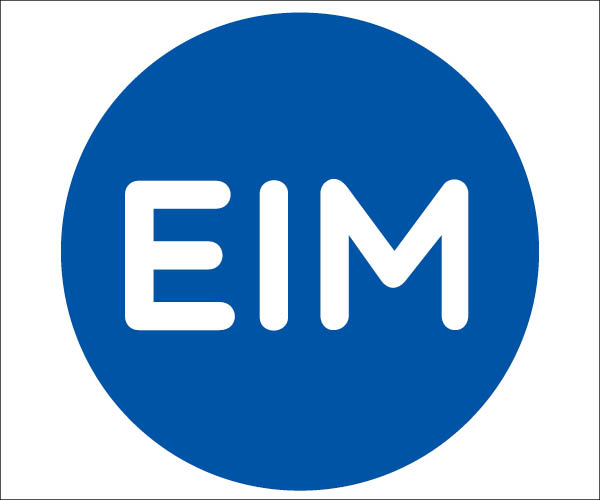

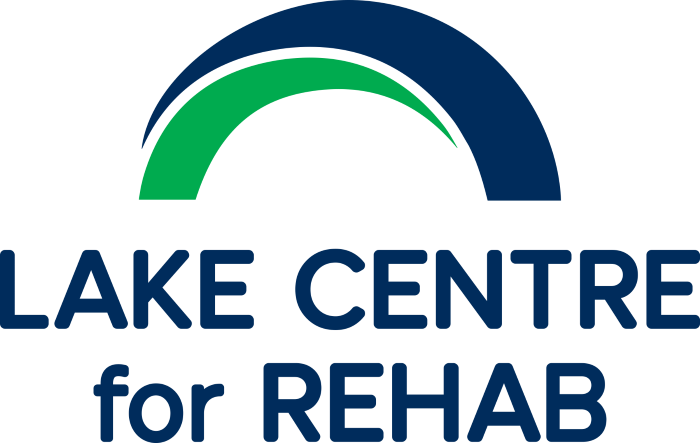
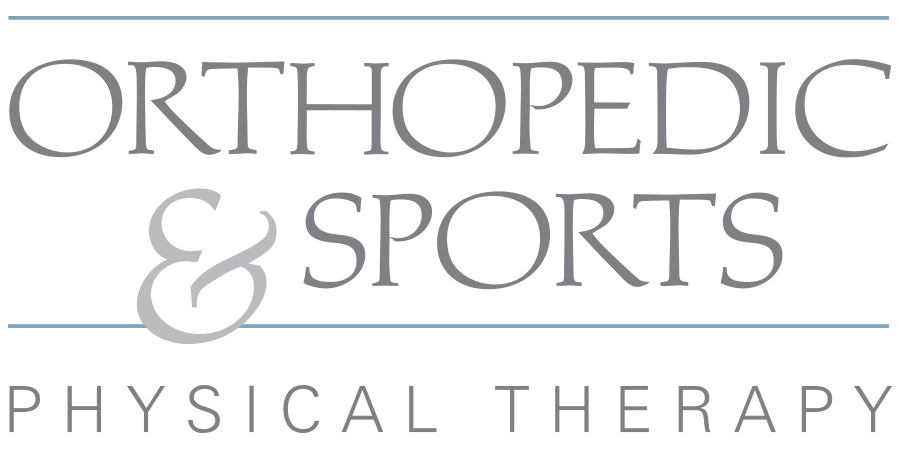

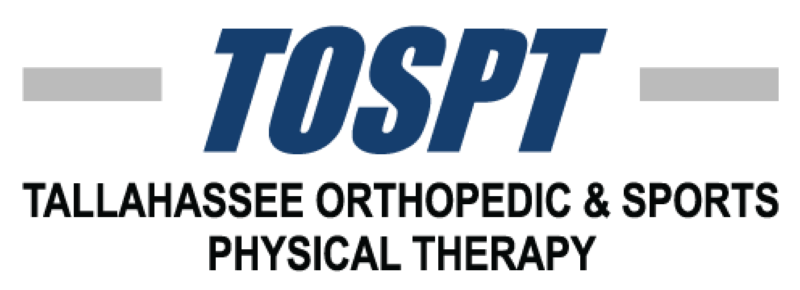






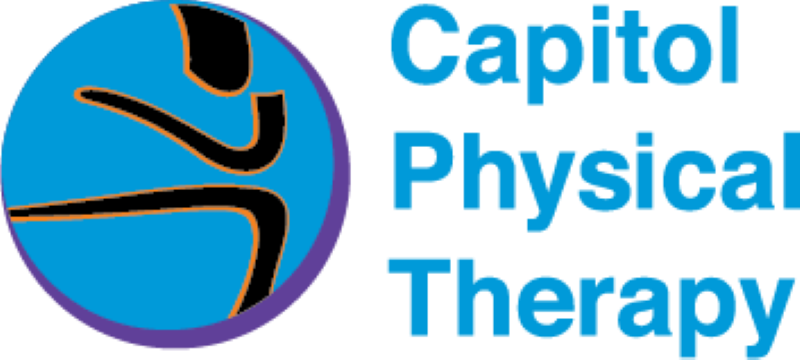






 Director of Marketing, Training and Professional Development
Director of Marketing, Training and Professional Development Marketing Consultant | Boutique Partners
Marketing Consultant | Boutique Partners Digital Marketing Specialist
Digital Marketing Specialist Digital Marketing Manager
Digital Marketing Manager Senior Graphic Designer
Senior Graphic Designer Content Production Manager
Content Production Manager Graphic Designer
Graphic Designer Senior Director of Partner Growth
Senior Director of Partner Growth Hive Marketing Liaison
Hive Marketing Liaison Digital Marketing Campaign Specialist
Digital Marketing Campaign Specialist Marketing Analyst
Marketing Analyst VP Brand Communications
VP Brand Communications  Web Designer
Web Designer Marketing Communications Specialist
Marketing Communications Specialist PR + Communications Manager
PR + Communications Manager Senior Director, Consumer Media Group
Senior Director, Consumer Media Group